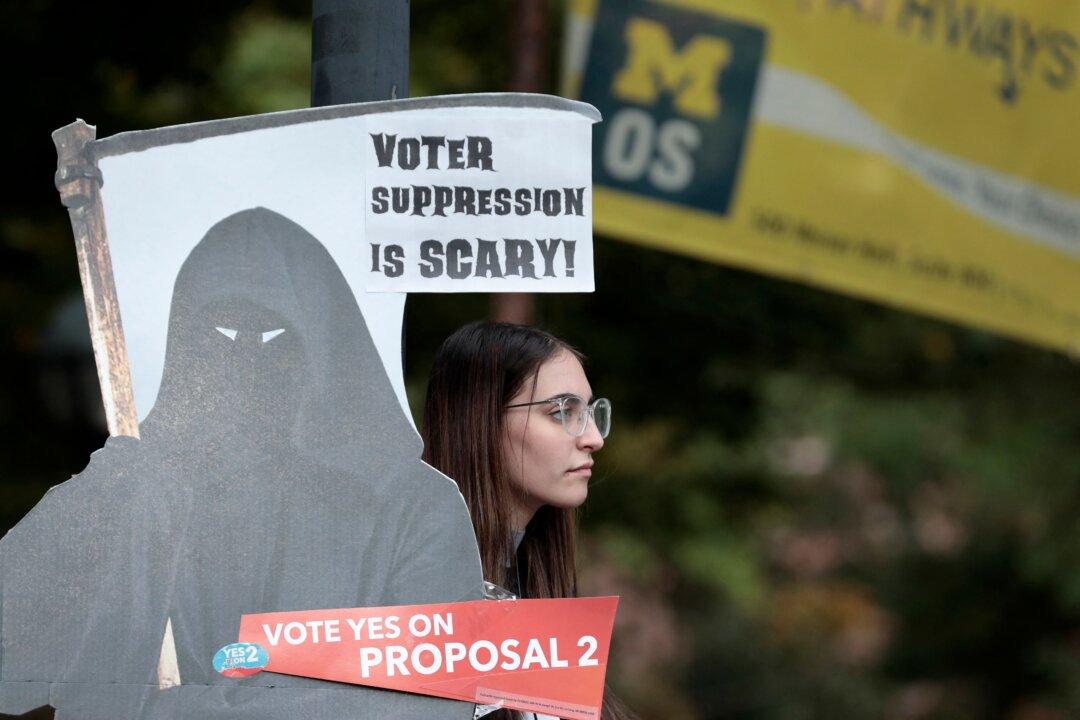Voters in four states voiced support for abortion by approving radical initiatives or rejecting a proposed pro-life amendment.
Voters in California, Vermont, and Michigan approved initiatives that make clear abortions must be available to many pregnant women while Kentuckians rejected a proposed constitutional amendment that would have led to less funding for abortions.





